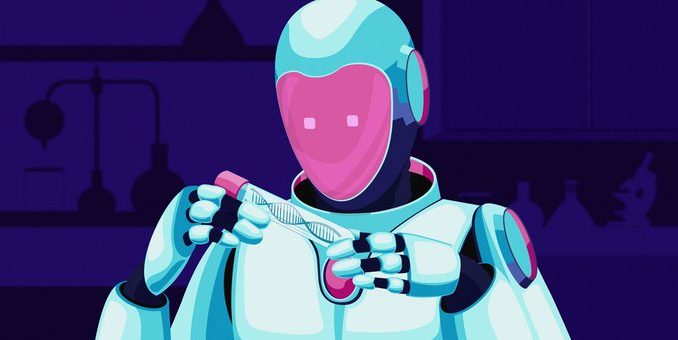
Artificial intelligence is turbocharging the frontiers of biological research, helping scientists program living organisms much as a software engineer might write code. Some scientists are even creating new proteins not found in nature.
The field, known as synthetic biology, is breaking down barriers in medical science and pharmaceuticals as well as food science and agriculture, energy and climate change research.
Synthetic biology, a broad term, is often used to describe the practice of taking existing proteins or biological material and reprogramming or repurposing them to achieve a new function or goal. “You are coding and programming a cell to spit something out,” said Jennifer Lum, co-founder of Biospring Partners, a growth-equity firm that invests in life-sciences technology.
The rise of the cloud and distributed computing have boosted that effort, allowing for the processing of larger data sets. Scientists can perform genetic and DNA sequencing at a more rapid pace and scale, according to Lum. With a better understanding of the DNA composition and functions of cells of specific types, scientists can manipulate and redesign those cells to drive a particular outcome, from biofuels to disease-resistant plants.
